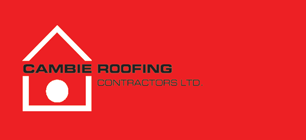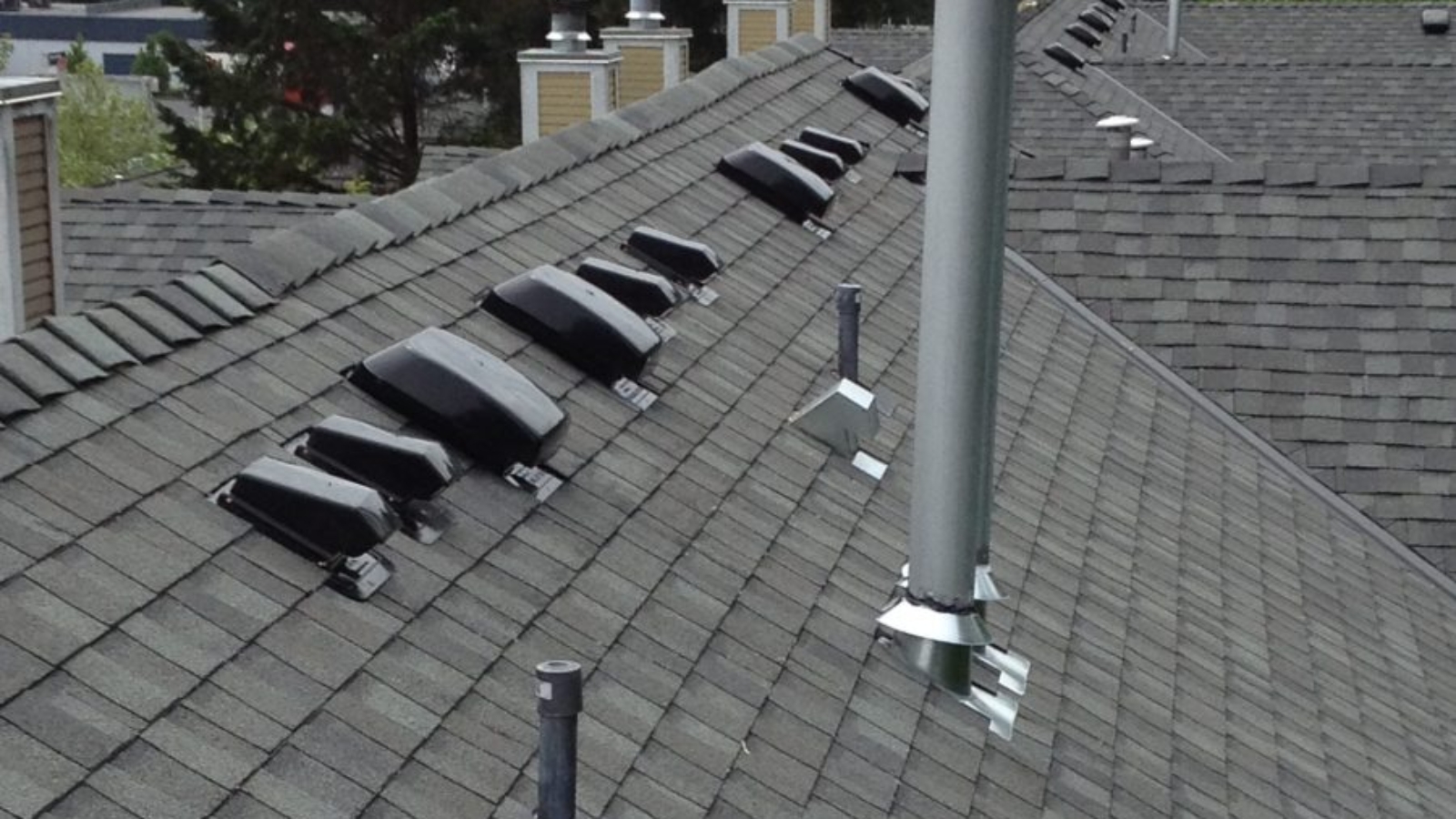Updated Feb 15, 2020
Originally Published: April 23, 2017
Commercial Roof Systems
Whether you are constructing a new commercial building or need to replace the roofing on an existing structure, it is important to understand the different types of commercial roof systems so that you can make the right choice for your business. Unlike residential roofing, commercial roofing has very specific requirements because commercial buildings are usually larger and taller. The roofing material you choose will determine the life of your building and the safety of the residents.
Low Slope Roofing
The roof you choose for your commercial property depends entirely on the degree of slope of the roof. Materials that work on low slope roofs are not always the best choice for high slope roofs. The following are options to consider for a low slope roof
Ethylene Propylene Diene Terpolymer Roofing (EPMD):
EPDM roofing is a type of rubber roofing made from a combination of ethylene and propylene. EPDM roofing is extremely versatile and is known for its durability. Moreover, EPDM is the longest lasting type of commercial roofing available on the market and can easily last up to 40 years with the right environmental conditions and routine maintenance. They are easy to maintain and repair, and have a simple clean look.
Thermoplastic Roofing (TPO):
TPO roof systems
are becoming extremely popular in commercial construction because of their cost effectiveness and functionality. TPO roofs are made from a durable material which stands up in high and low temperatures making them a good option for any climate. They are impervious to ultraviolet rays, chemical exposure, and the ozone as well as being resistant to punctures, fire, and damage from high winds. On average a TPO roof lasts over twenty years and can withstand even the harshest environments.
Polyvinyl Chloride Roofing (PVC):
PVC roofing
is similar to TPO roofing and is also an excellent choice for commercial properties. PVC roofing is created by using sheets of PVC that contain plasticizers and stabilizers. They are available with a fleece backing that helps insulate the building. Like TPO roofs there are extremely durable and can withstand a full range of temperatures. They can withstand damage from punctures, fire, ultraviolet rays, chemical exposure, and other harsh environmental factors. With a wide range of colours to choose from, they are a popular choice.
Built-Up Roof Membranes (BUR):
BUR
are commonly referred to as “tar and gravel roofs” and are one of the oldest styles of commercial roofing. This system is created through layering. Flat roofs can be single-ply or built-up using multiple layers of liquid tar or asphalt over tar/asphalt saturated paper; or have multiple layers of other types of waterproof membranes. This is topped with a layer of pea-size gravel to protect the tar from the elements. The lifespan of a BUR roof depends on the materials used and the thickness of the layers but they have been known to last up to 50 years.
Steep Slope Roofing
If you have a steep slope roof (greater than 4/12 pitch) on your property, you need a roofing material that works with your architecture. The following options should be considered when dealing with a high slope roof:
Roof Shingles:
Shingle roofs
are one of the oldest roofing systems and are still very common across North America. Shingles are a roof covering made up of individual overlapping sections laid in courses from the bottom edge of the roof up. Each successive course overlaps the joint below, creating a layered, water shedding system. Shingles are available in various materials such as asphalt, wood, tile, metal, plastic, fibre cement, and flagstone. The durability of your shingle roof will depend on the type of material you select.
Asphalt Shingles:
are a water shedding system, and a great option for high or steep sloped roofs. Asphalt shingle roofing starts with a layer of base material followed by a sturdy felted fabric upon which the shingles are layered. Depending on the type of asphalt shingles chosen they have warranties ranging from 20 years to a lifetime. This option is easy to maintain and offers a wide variety of colour options.
Cedar Shakes/Shingle:
Wood shingles and shakes
are a favoured roofing option due to their beautiful colouring, durability, and natural insulating properties. This differs from shakes, which are made by splitting pieces of wood from a bolt. Wood shingles and shakes come in a variety of distinctive patterns and materials. Cedar wood is a popular choice for shakes and shingles. Cedar can be expensive up front and requires regular maintenance. However, cedar roofs are durable, lasting up to 10 years longer than asphalt roofing, and are resistant to heavy rains, hail storms, snowstorms, and strong winds. They are also a natural insulator, making them an eco-friendly, energy efficient option.
Tile Roofing:
There are two types of tile roofing available for commercial applications: concrete and clay tile. Both concrete and clay tile are very attractive roofing options. Not only are they beautiful, they are incredibly durable, especially against environmental factors like high winds, dramatic temperature changes, the ozone and ultraviolet rays. Tile roofing can last 50 years with the right maintenance so they have a long-term cost benefit.
Metal Roofing:
There are three types of metal roofing available for steep slope applications: architectural metal panel, structural metal panel, and metal shingles. Metal roofing is a very good option in areas experiencing heavy rains or snow as they are designed to help direct precipitation off the roof. With minimal maintenance, a metal roof can last 60 years or more making it a cost-effective choice.
Synthetic Roofing:
is a catch-all term that describes manufactured products that replicate asphalt shingles, concrete tile, clay tile, metal panels, slate, wood shakes and wood shingles. Synthetic roof coverings contain recycled plastic and/or rubber as a key ingredient, making them significantly lighter than other roofing materials, and eco-friendly. They are mould, hail and fire resistant and can be less expensive than some of the other options. Depending on the type of synthetic roof you choose, they can last as long as 100 years.
Picking The Right Commercial Roof
With so many options, it can be a bit daunting to decide which commercial roofing option is right for you. Luckily, the experts at Cambie Roofing are here to help. We have over 50 years of experience installing commercial roofing and will help you pick the roofing that is right for your building and your business needs. Call us today to discuss which roofing option is right for your commercial property.

